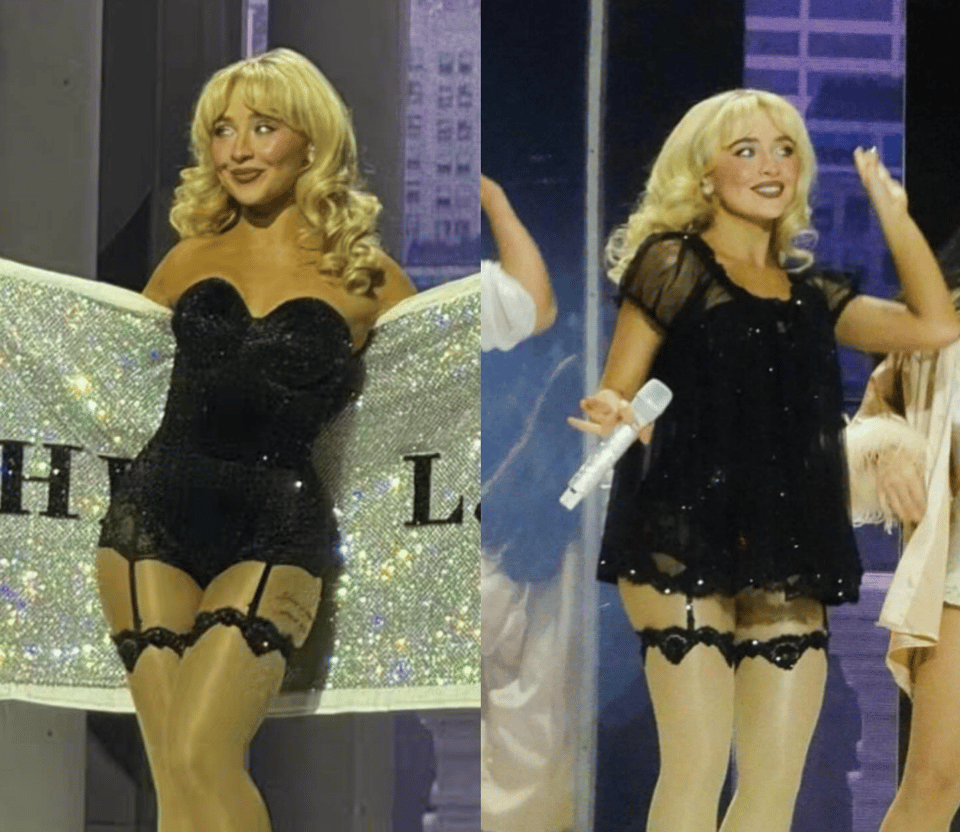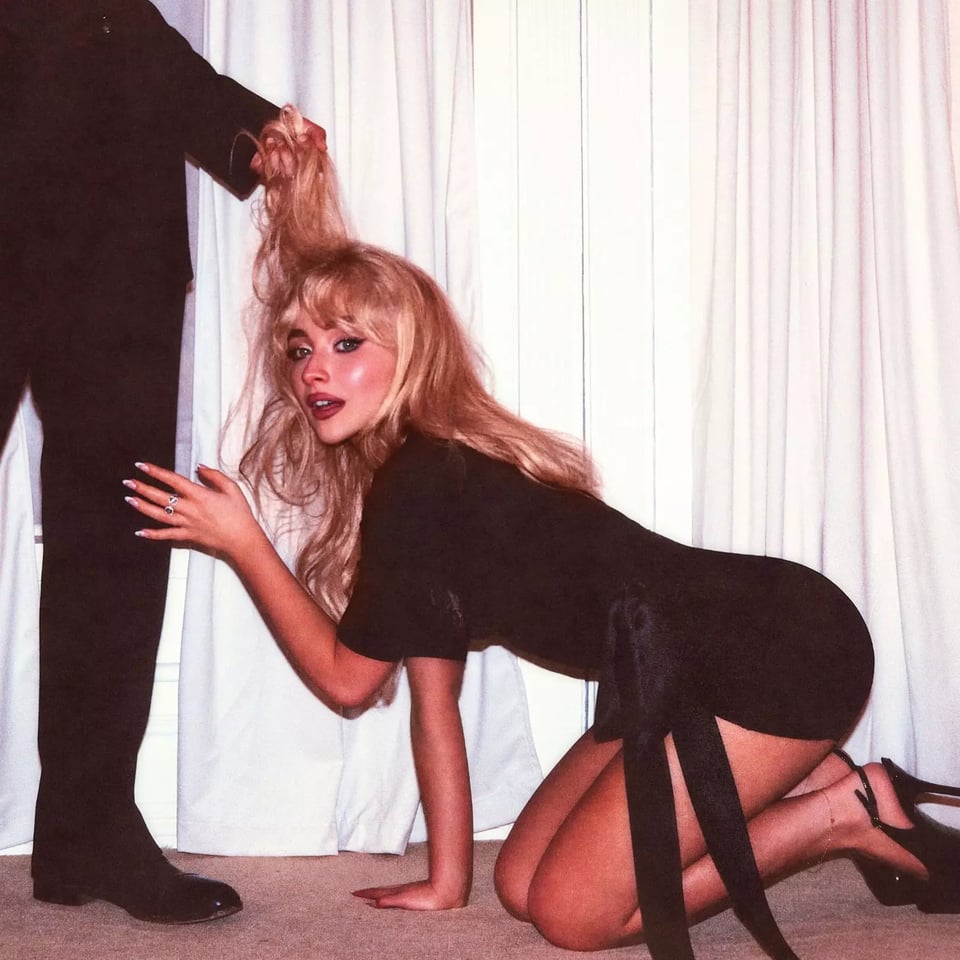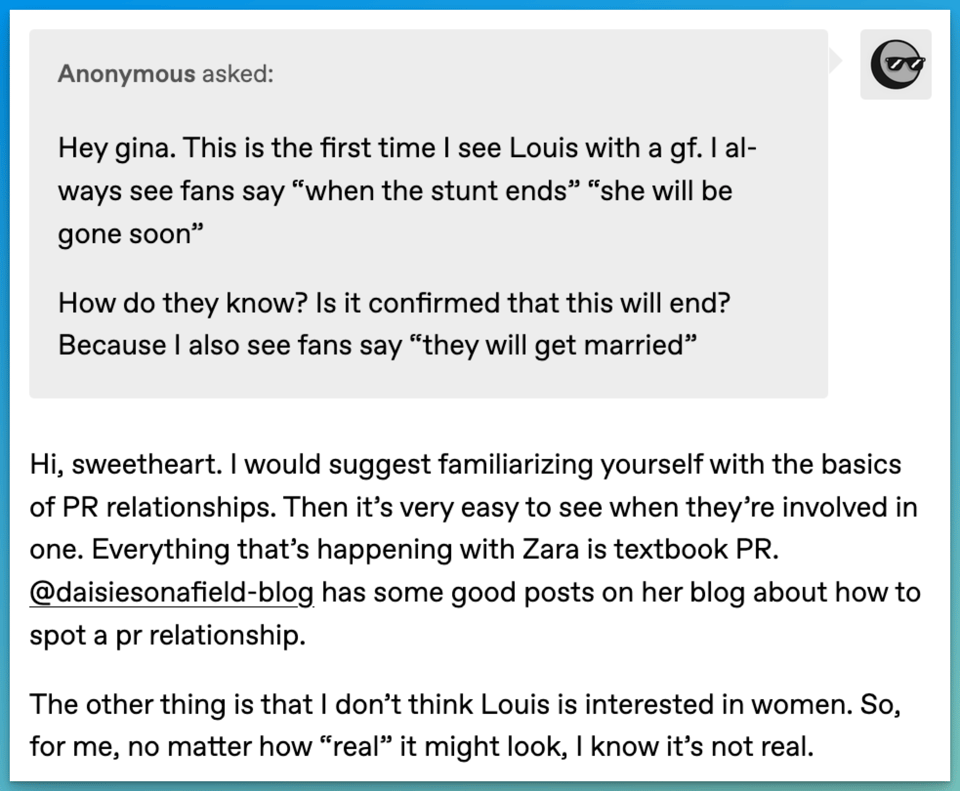This week I’ve been thinking about poptimism. If you’re not familiar with the term, it’s a debate that’s been going on for the last twenty years about whether or not we take pop music sufficiently seriously. Whether it’s as valid as rock music, which some see as having greater depth.
You’ll know if you’ve read anything I’ve ever written that I’m a “poptimist” to the core. I was revisiting the idea this week as I read this essay from 2018, which starts with an absolute nostalgia gut punch from 2001:
Almost 20 years ago, 2 Many DJs and Freelance Hellraiser each released too-clever mashups that laid R&B pop diva vocals over indie rock instrumentals, revealing that the paired songs had exactly the same compositional structure. The former’s “Smells Like Booty” put Destiny’s Child together with Nirvana, and the latter’s “A Stroke of Genius” combined Christina Aguilera with The Strokes. The mashups were clever because they flouted supposedly commonsense views that these these pairings shouldn’t work: how could something as superficial, formulaic, and, frankly, girly as Destiny’s Child and Aguilera have anything in common with something as serious and aggressive as Nirvana and The Strokes?
I was living in Singapore in 2001, and those mash-ups were our absolute anthems. Little wonder the Guardian went on to call A Stroke of Genius the song of the decade.
Of course, since then, pop has reached a kind of unassailable supremacy again. By 2014, Taylor Swift was leading a charge that made pop music both inescapable and more critically appreciated:
This is not a question of authenticity; all pop stars, Swift included, play a character, even if it’s one that hues close to their true identity. It’s a question of who’s best at playing that part. In moving into the pop world, even collaborating with many of the same producers and songwriters as her supposed peers, Swift proved that chart success and clarity of artistic vision aren’t mutually exclusive ideas. 1989 is the year’s biggest release both in terms of cultural currency and sales. Yet, throughout its 16 tracks, Swift refuses to play the role of the vapid party girl or spurned lover.
But in the last couple of years, critics have started to push back against poptimism as a helpful framework. Are the pop girlies really underdogs any more, when they sell out stadiums the world over?
In the early noughties, when pop was generally critically (if not commercially) maligned, poptimism made sense. Now that the genre has been topping Best Album countdowns in respected publications for years while remaining commercially dominant, the “underdog” narrative no longer applies. While there have been bumps in the road, none has been big enough to derail the pop juggernaut so far.
Isn’t it valid to turn a critical eye to the music itself?
All of this has been top of mind this week as I watched the backlash against Sabrina Carpenter’s new album Man’s Best Friend. Carpenter raced to the top of the charts last summer with the infectious Espresso, and then toured her sixth studio album Short n’ Sweet to sold out arenas, performing in an array of sequined jumpsuits and babydoll nighties.

Because her music is poppy and catchy, Carpenter has attracted young fans. Taken to the concert by parents who, I guess, never pay attention, there was then a slate of complaints around the momosphere that the concerts were inappropriate for kids. To which I can only say, no shit. Seven of the 12 songs on the album are marked explicit. Sabrina Carpenter’s music is not for kids.
It is the responsibility of parents to look for an “E” for “explicit” on songs they don’t want their kids listening to. It is the responsibility of parents to know if their kids are listening to censored music or not. It has not, nor will ever be, the responsibility of the artist to censor themselves for your children.
As one tiktokker said, responding to the complaints, “she’s not a fucking Wiggle.”
At one point, during the song Juno, she sings the line: “Wanna try out some freaky positions? Have you ever tried this one?” and every night of the tour she then did a different sex position.

So it didn’t really surprise me when she debuted her album art for the new Man’s Best Friend, and it looked like this:

To me, this is firmly in keeping with the sexy bombshell persona she’s been building, but it’s fair to say many disagreed:
Cue: immediate hand-wringing from the public claiming the (presumed) album art is “regressive” and “degrading” to women, with many critics arguing this supposed endorsement of subservience to men is particularly troubling amid a political climate that continues to threaten women’s liberation. Instagram comments of note include one user who called the art “insensitive” in light of the precarious state of women’s bodily autonomy under the current administration, while another claimed it “just set us back about five decades.” Meanwhile, a headline in the Telegraph proclaimed that Sabrina’s “over-sexed, degrading new album cover has gone too far,” while an Instagram post from Glasgow Women’s Aid, a Scotland-based organization for women experiencing domestic violence, claimed the art evoked “tired tropes that reduce women to pets, props, and possessions and promote an element of violence and control.” Woof. (Pun intended.)
Carpenter was unfazed. So was anyone who remembered Madonna’s Erotica era. But then something arguably more interesting happened. The album itself dropped and many fans were…underwhelmed. After spending weeks defending her artwork as being cutting and deep, another album of her trademark pop confection seemed to them like a let down. Tiktok was flooded with reaction vids where people complained that the album was just bad.
Ironically, it’s been critically well-received. Pitchfork gave it a 7.9, “delivering formally classic, facepalm-clever pop songs on a timetable unseen since Rihanna’s heyday, Man’s Best Friend takes the Sabrina persona to its apex”. The Guardian gave it a rave review:
Man’s Best Friend makes it clear that she regards pop music as a craft as much as it is an art. Few A-list albums released in recent years are as tightly stitched and locked-in as this one; played almost entirely with live instruments and packed with so many hooks that it feels as if it might burst at the seams, it seems a true creative arrival for Carpenter.
All of which is to say, whether or not poptimism is dead, there is still no good way to be a pop girlie. You’re going to face the exact same impossible standards that were being imposed twenty, thirty, forty years ago. To be sexy, but not too sexy. To take your art seriously, but not too seriously. Bare your soul, create authentic connections with your audience, imbue your lyrics with deep meaning and your music with catchy hooks. Pretty much nothing we ask of from male pop stars. (Harry, I’m looking at you.) Poptimism was supposed to level the playing field, to say: Britney is as worthy of attention as Springsteen, Beyoncé as much as Bowie. Instead of tearing down the old hierarchies, poptimism sometimes just slapped a feminist label on pop provocation, leaving the bigger system untouched.
The Sabrina backlash is just the latest round of a very old game. Madonna went through it, Taylor goes through it: pop women are praised only when their work can be reframed as “serious,” and punished when it dares to just be pop. But pop is serious. It’s where we work out joy, sexuality, heartbreak, friendship. It doesn’t need a rockist stamp of approval or a feminist disclaimer to matter. All culture is worth our attention on its own terms — and pop has always been more than enough.
more good stuff
bestie Luce is ALSO going to be speaking at beyond tellerand this year! This means it is critically important if you are in or near Germany in November that you get your tickets!
loved this piece from Kat Tenbarge about the Gaylor crashouts. But I land in a less optimistic place than she does. I'm still watching Larries crash out every time Louis is pictured with his girlfriend Zara, and they're not just sad about a "fantasy" bubble being burst, they're angry and still convinced they know a different truth.

this incredible french fry mystery (via curious about everything) left me guessing until the last.
finally, in my lego city

Forward this email to someone who likes public transit.
You just read issue #36 of what you love matters. You can also browse the full archives of this newsletter.

Add a comment: